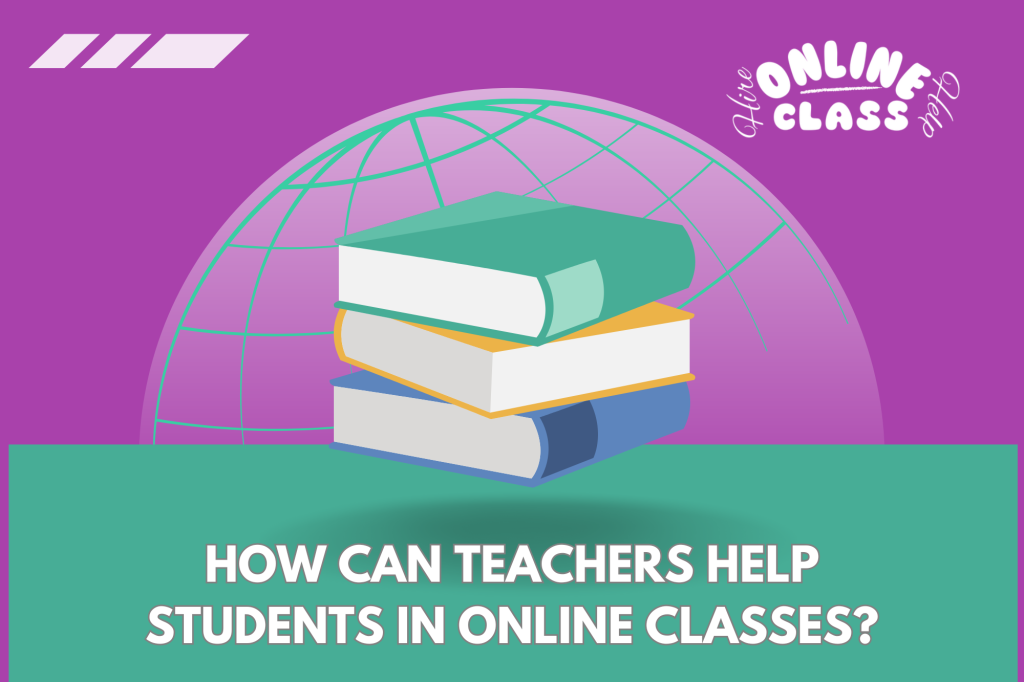

Nowadays, online classes are essential for students. Teachers should employ fun and simple tasks to ensure everyone understands what is taught.
You might need to read or watch content to understand that teachers can help learners remain on task and appreciate class from home. They can develop nice lessons and use gadgets to entertain the class. Tell me how great I am; tell kids when teachers prove they do!
Effective online classroom facilitation can be fun for students, as they are encouraged to participate. Instead of plain texts, teachers can use beautiful pictures, videos, and fun-filled games to keep learners abreast. If the lesson is made to be as interesting as possible, the student body will participate.
Constructing a community feeling is also crucial in online classes. Teachers in the classroom can motivate students to work in groups. When learners are accepted, they are even happier, making them ready to learn.
Virtual classes could be really interesting if fun tools and resources are applied! Students may be able to master what is taught in class better by playing games, taking quizzes, and watching videos. These tools add more variety to lessons and include all of the class.
Teachers can also recommend some interesting sites or applications that can complement practice. When students work through these resources, they can experience learning at a different pace. It makes them feel more independent and ready to take in other new things!
Good communication benefits all parties in the students’ online classes! An example where formative assessments can be used is teachers asking students how they feel and their opinions of the lessons being taught. When students can share their ideas, they are less tense and are happy to learn.
Another significant factor is feedback. Teachers should be able to explain to the students what was good and what needed to be changed. This assists students in figuring out something better and makes their efforts count in the process!
Amazingly, each student has an individual learning style! Some students are more comprehensible receptors, while some are visual-spatial or more understated kinesthetic. This means that the teachers in his lesson can apply different management techniques to enable all students to comprehend better.
Students can be assured that the entire class has been taught by incorporating stories, videos, and related games. In this manner, learning can be done at the pace of every learner and in the style best suited for every scholar. Teachers must change their teaching if everyone feels successful and happy inside the classroom!
With time management, learners can learn and complete their work on time! Teachers can teach children some tips about making a schedule. Often, students are stressed only because they know what they must do and when they must do it.
They can also demonstrate how to take breaks while studying. This helps a group of students not get tired and be prepared for the further learning process. Good time management implies that students can enjoy their lessons and finish their work effortlessly!
An online-friendly community allows everybody to feel involved! Teachers can begin by using icebreakers to get the children to express their opinions and compliment one another. It is difficult for students to be demotivated when they know they are working with other students in a group.
Teachers can also plan an activity whereby students work in groups. This will help the students embrace differences, make new friends, and learn from fellow students. Therefore, with a strong community, students feel safe, and learning can be so much fun!
It would be valuable for teachers to know how the students perform in their lessons! This way, they can employ simple questionnaires or games to confirm whether students grasped what was taught. This assists the teachers in determining who requires more attention/assistance and who is performing well!
Criticisms are also very useful or very effective. When teachers inform the learners what they did correctly and what areas they can advance, it aids learning. Students love positive feedback, which makes them proud and suggests they do even better next time.